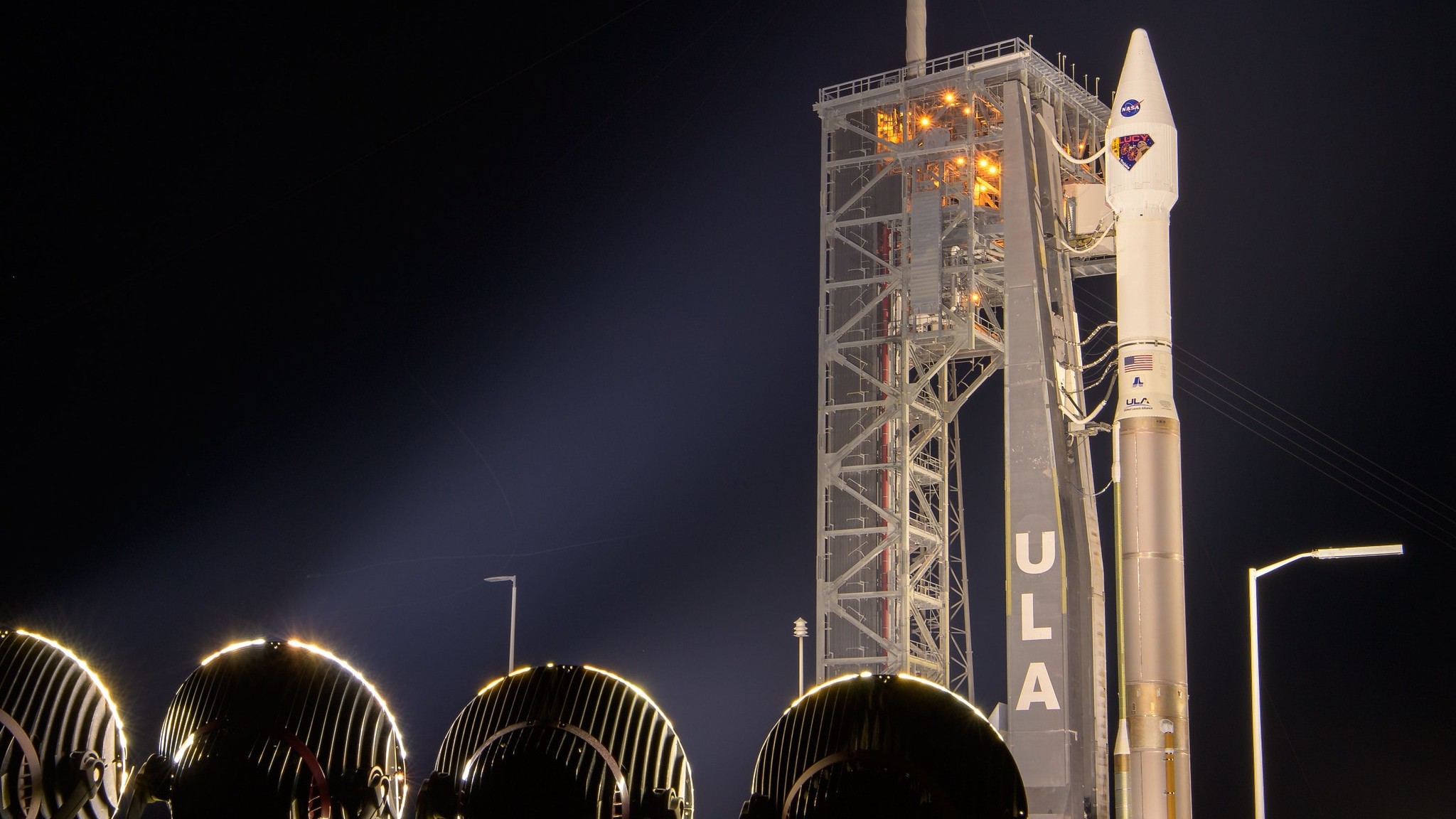Lockheed Martin (Lockheed), a Maryland-based aerospace, defense and security company, has strong roots in Colorado. After establishing a presence here in 1956 at the request of the United States Air Force, Lockheed has expanded its workforce to nearly 10,000 employees throughout the state to develop satellites, integrated mission systems, and cybersecurity projects. Lockheed’s Space Division (Lockheed Space) is headquartered in Jefferson County and recently announced it will build two spacecrafts for NASA missions to send scientific probes to the planet Venus at the end of the 2020s.
NASA selected two robotic research missions headed to Venus for its latest Discovery missions. It chose them from four research-led proposals selected as finalists in late 2020. The two winning missions have both partnered with Lockheed Space for spacecraft development. They are splitting roughly $1 billion in NASA funding.
The aim of the spacecraft is to reveal unprecedented detail about Venus’ atmosphere and its geology to determine how it developed to be so different from earth. Lisa Callahan, vice president and general manager of Lockheed Martin’s commercial civil space business, said, “We’re very grateful for this opportunity to work with NASA and the missions’ principal investigators to fully understand how rocky planets evolved and what it means for our planet, Earth.”
Lockheed Space has been involved in NASA missions studying every planet in the solar system, including building the Magellan spacecraft that orbited and mapped Venus for four years from 1989 to 1993 – the last NASA mission to Venus.
One of the Lockheed Space missions, known as DAVINCI+, is designed to measure the composition of Venus’ atmosphere and the gases and other elements within it. DAVINCI+ also will measure suspected tectonic plate features of Venus’ surface. It will be the first U.S.-led mission into Venus’ atmosphere since 1978.
The second Venus research mission that NASA chose is called VERITAS. According to NASA, the Veritas orbiter will use radar and infrared mapping to chart surface elevations of nearly all of Venus’ surface and determine rock types and whether active volcanoes are releasing vapor. The research missions are planned to launch between 2028 and 2030.
Suggested Reading:
In addition to the Venus mission, Lockheed Space built the spacecraft for seven prior Discovery program science missions, the most recent of which, Lucy, will study rare Trojan-class asteroids near Jupiter. That spacecraft is undergoing testing at the company’s Waterton Canyon site in Jefferson County and is slated to launch on its 12-year journey in October.
Lockheed has continued its commitment to Jefferson County and the Denver South region, continuing to add engineers, software developers, and advanced manufacturing positions and expanding its commercial real estate footprint since 2019.

